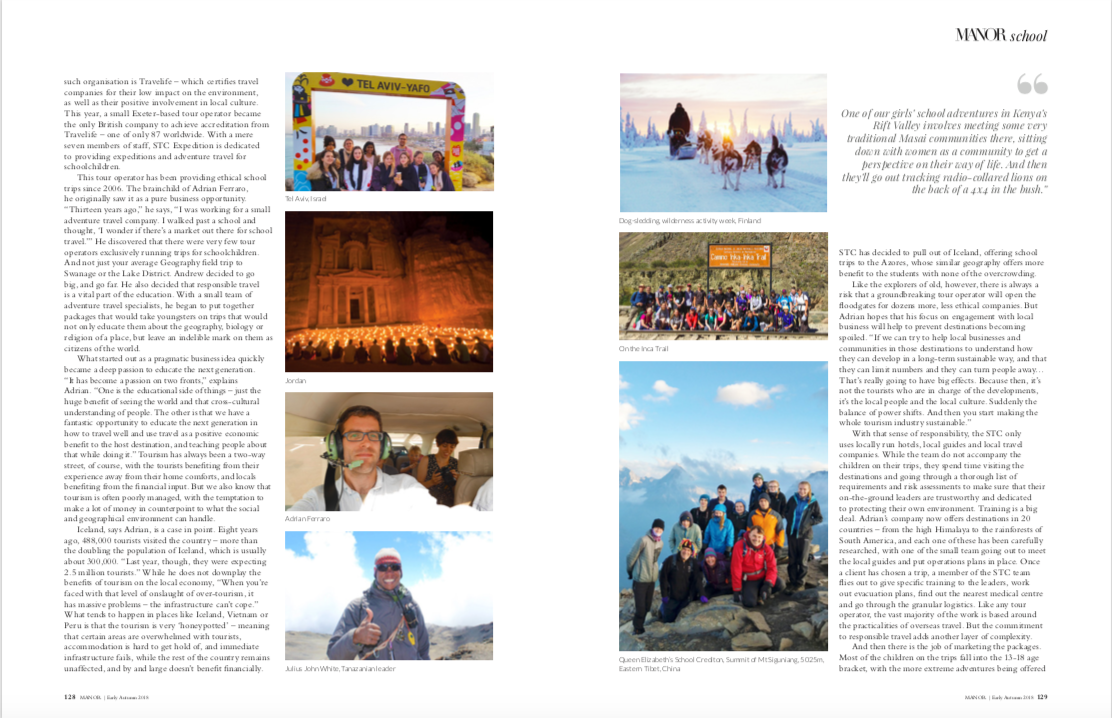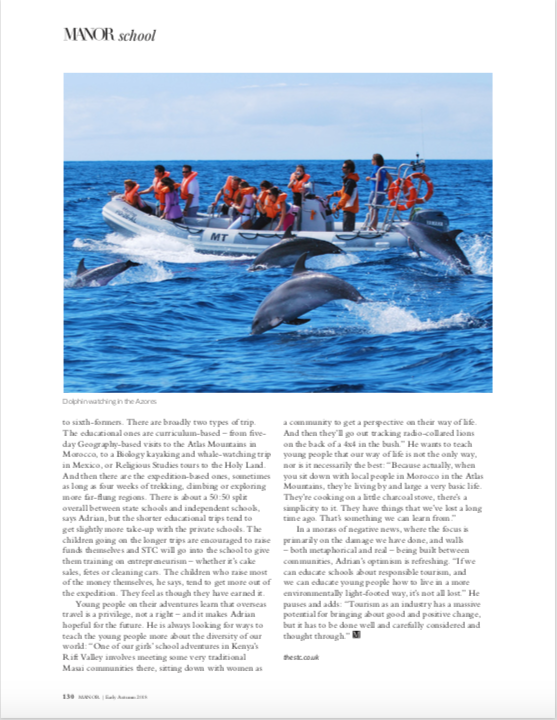Finding their Feet
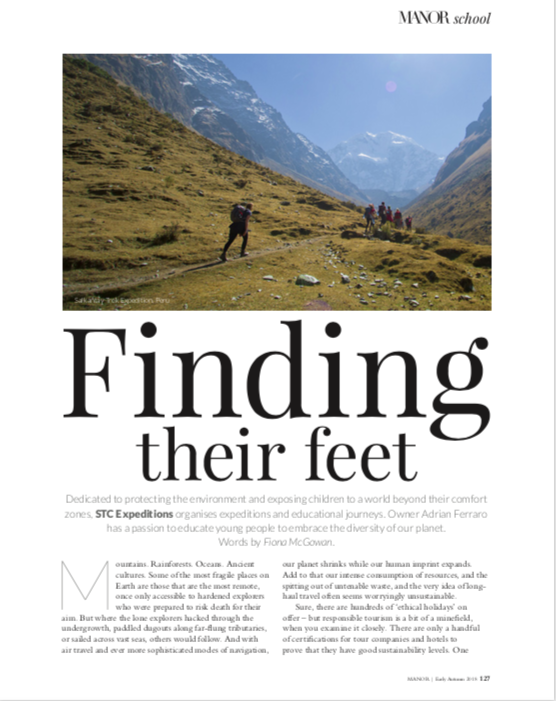
Mountains. Rainforests. Oceans. Ancient cultures. Some of the most fragile places on Earth are those that are the most remote, once only accessible to hardened explorers who were prepared to risk death for their aim. But where the lone explorers hacked through the undergrowth, paddled dugouts along far-flung tributaries, or sailed across vast seas, others would follow. And with air travel and ever more sophisticated modes of navigation, our planet shrinks while our human imprint expands. Add to that our intense consumption of resources, and the spitting out of untenable waste, and the very idea of long- haul travel often seems worryingly unsustainable.
Sure, the
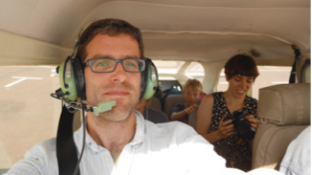
re are hundreds of ‘ethical holidays’ on offer – but responsible tourism is a bit of a minefield, when you examine it closely. There are only a handful of certifications for tour companies and hotels to prove that they have good sustainability levels. One such organisation is Travelife – which certifies travel companies for their low impact on the environment, as well as their positive involvement in local culture. This year, a small Exeter-based tour operator became the only British company to achieve accreditation from Travelife – one of only 87 worldwide. With a mere seven members of staff, STC Expeditions is dedicated to providing expeditions and adventure travel for schoolchildren.
This tour operator has been providing ethical school trips since 2006. The brainchild of Adrian Ferraro, he originally saw it as a pure business opportunity. “Thirteen years ago,” he says, “I was working for a small adventure travel company. I walked past a school and thought, ‘I wonder if there’s a market out there for school travel.’” He discovered that there were very few tour operators exclusively running trips for schoolchildren. And not just your average Geography field trip to Swanage or the Lake District. Adrian decided to go big, and go far. He also decided that responsible travel is a vital part of the education. With a small team of adventure travel specialists, he began to put together packages that would take youngsters on trips that would not only educate them about the geography, biology or religion of a place, but leave an indelible mark on them as citizens of the world.
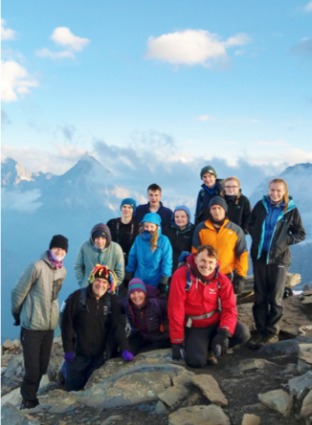
What started out as a pragmatic business idea quickly became a deep passion to educate the next generation. “It has become a passion on two fronts,” explains
Adrian. “One is the educational side of things – just the huge benefit of seeing the world and that cross-cultural understanding of people. The other is that we have a fantastic opportunity to educate the next generation in how to travel well and use travel as a positive economic benefit to the host destination, and teaching people about that while doing it.” Tourism has always been a two-way street, of course, with the tourists benefiting from their experience away from their home comforts, and locals benefiting from the financial input. But we also know that tourism is often poorly managed, with the temptation to make a lot of money in counterpoint to what the social and geographical environment can handle.
Iceland, says Adrian, is a case in point. Eight years ago, 488,000 tourists visited the country – more than the doubling the population of Iceland, which is usually about 300,000. “Last year, though, they were expecting 2.5 million tourists.” While he does not downplay the benefits of tourism on the local economy, “When you’re faced with that level of onslaught of over-tourism, it has massive problems – the infrastructure can’t cope.” What tends to happen in places like Iceland, Vietnam or Peru is that the tourism is very ‘honeypotted’ – meaning that certain areas are overwhelmed with tourists, accommodation is hard to get hold of, and immediate infrastructure fails, while the rest of the country remains unaffected, and by and large doesn’t benefit financially. STC Expeditions has decided to pull out of Iceland, offering school trips to the Azores, whose similar geography offers more benefit to the students with none of the overcrowding.
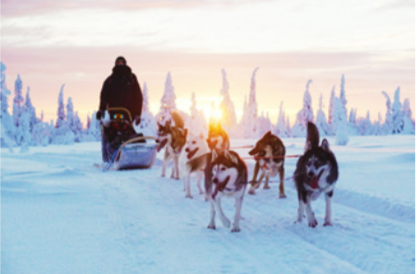
Like the explorers of old, however, there is always a risk that a groundbreaking tour operator will open the floodgates for dozens more, less ethical companies. But Adrian hopes that his focus on engagement with local business will help to prevent destinations becoming spoiled. “If we can try to help local businesses and communities in those destinations to understand how they can develop in a long-term sustainable way, and that they can limit numbers and they can turn people away... That’s really going to have big effects. Because then, it’s not the tourists who are in charge of the developments, it’s the local people and the local culture. Suddenly the balance of power shifts. And then you start making the whole tourism industry sustainable.”
With that sense of responsibility, the STC Expeditions only uses locally run hotels, local guides and local travel companies. While the team do not accompany the children on their trips, they spend time visiting the destinations and going through a thorough list of requirements and risk assessments to make sure that their on-the-ground leaders are trustworthy and dedicated to protecting their own environment. Training is a big deal. Adrian’s company now offers destinations in 20 countries – from the high Himalaya to the rainforests of South America, and each one of these has been carefully researched, with one of the small team going out to meet the local guides and put operations plans in place.
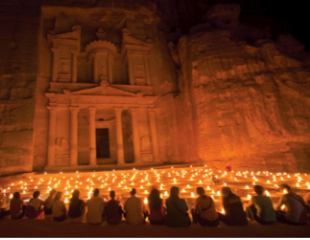
Once a client has chosen a trip, a member of the STC Expeditions team flies out to give specific training to the leaders, work out evacuation plans, find out the nearest medical centre and go through the granular logistics. Like any tour operator, the vast majority of the work is based around the practicalities of overseas travel. But the commitment to responsible travel adds another layer of complexity.
And then there is the job of marketing the packages. Most of the children on the trips fall into the 13-18 age bracket, with the more extreme adventures being offered to sixth-formers. There are broadly two types of trip. The educational ones are curriculum-based – from five- day Geography-based visits to the Atlas Mountains in Morocco, to a Biology kayaking and whale-watching trip in Mexico, or Religious Studies tours to the Holy Land. And then there are the expedition-based ones, sometimes as long as four weeks of trekking, climbing or exploring more far-flung regions.
There is about a 50:50 split overall between state schools and independent schools, says Adrian, but the shorter educational trips tend to
get slightly more take-up with the private schools. The children going on the longer trips are encouraged to raise funds themselves and STC Expeditions will go into the school to give them training on entrepreneurism – whether it’s cake sales, fetes or cleaning cars. The children who raise most of the money themselves, he says, tend to get more out of the expedition. They feel as though they have earned it.
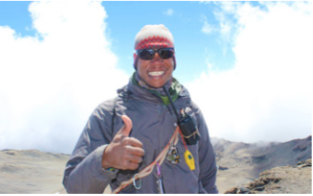
Young people on their adventures learn that overseas travel is a privilege, not a right – and it makes Adrian hopeful for the future. He is always looking for ways to teach the young people more about the diversity of our world: “One of our girls’ school adventures in Kenya’s Rift Valley involves meeting some very traditional Masai communities there, sitting down with women as a community to get a perspective on their way of life. And then they’ll go out tracking radio-collared lions on the back of a 4x4 in the bush.” He wants to teach young people that our way of life is not the only way, nor is it necessarily the best: “Because actually, when you sit down with local people in Morocco in the Atlas Mountains, they’re living by and large a very basic life. They’re cooking on a little charcoal stove, there’s a simplicity to it. They have things that we’ve lost a long time ago. That’s something we can learn from.”
In a morass of negative news, where the focus is primarily on the damage we have done, and walls – both metaphorical and real – being built between communities, Adrian’s optimism is refreshing. “If we can educate schools about responsible tourism, and we can educate young people how to live in a more environmentally light-footed way, it’s not all lost.” He pauses and adds: “Tourism as an industry has a massive potential for bringing about good and positive change, but it has to be done well and carefully considered and thought through.”
thestc.co.uk
